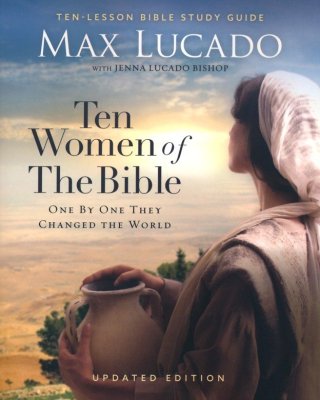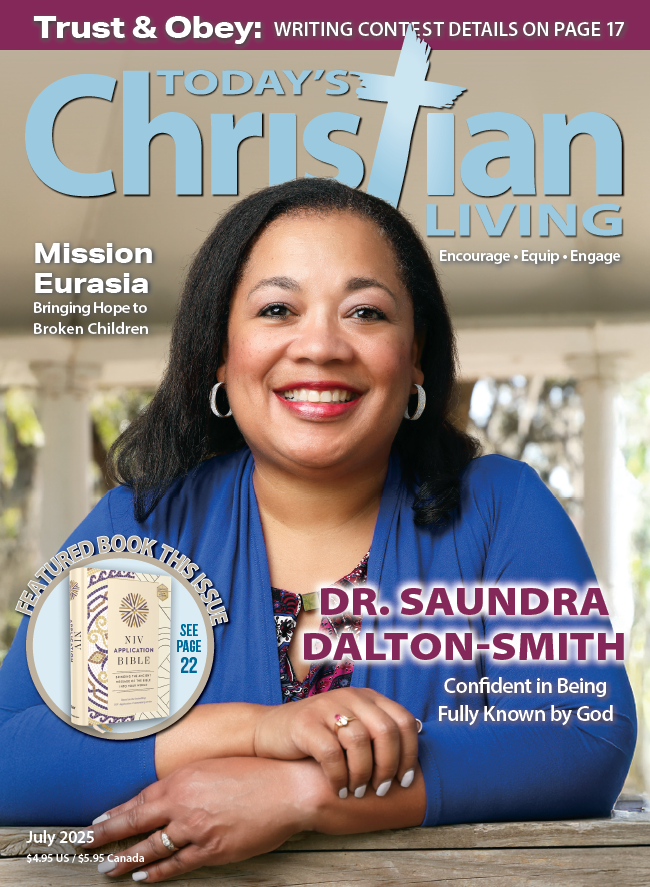
Marie Dentière was not known for having the feminine ways expected of women in her day. She was outspoken in her zeal for teaching sound biblical theology and the importance of women knowing the Scriptures.
Marie was born into a French noble family in 1495. She received an excellent education and joined an Augustinian convent in the early 1520s. However, when she got wind of Martin Luther’s teachings and his stand against the erroneous teachings and abuses being perpetrated by leaders in the Catholic church, she left the convent and joined the Reformation movement.
She married a former priest, Simon Robert, within a year of leaving the convent, in 1525. Simon and Marie became the first married couple in the French Reformation. They had five children before he passed away, just eight years later. Two years later, in 1535, she married Antoine Froment, also a Reformed pastor.
Marie was not a typical pastor’s wife. She wrote three treatises that have survived the years. The first work gives her eyewitness account of the controversial Reformation from a Protestant woman’s perspective. It also gave an articulate defense of Reformed theology.
She also wrote an emotionally-charged letter to the Queen of Navarre advancing the Reformation from a biblical perspective while attacking the Catholic Church. It caused such an uproar, the printer was arrested and most of the printed copies were destroyed. But it reflected her knowledge of God’s word and understanding of theology. It also promoted the idea that women should have equal access to training so they could also be theologians and teachers.
Her passionate stance on teaching the whole of Scripture, on the joys and benefits of marriage for those in ministry, on the value of women being able to read so they could study and teach the Bible made her a sometimes-controversial evangelist. In fact, despite the fact Marie’s outspoken nature was, at times, an irritant to John Calvin (whom she wholeheartedly supported) he respected her. A short time before her death, he invited her to write the preface to his printed sermon about female modesty.
Driven by her own discovery of God’s saving grace, she wanted to shout the Good News from the rooftops. She continued working as an evangelist and apologist until her death in 1561. In 2002, Marie Dentière became the first and only woman whose name is engraved on the Wall of Reformers in Geneva.
If God has given graces to some good women, revealing to them something holy and good through His Holy Scriptures, should they, for the sake of the defamers of the truth, refrain from writing down, speaking, or declaring it to each other? Ah! It would be too impudent to hide the talent which God has given us, we who ought to have the grace to persevere to the end. Amen!
–Marie Dentière








